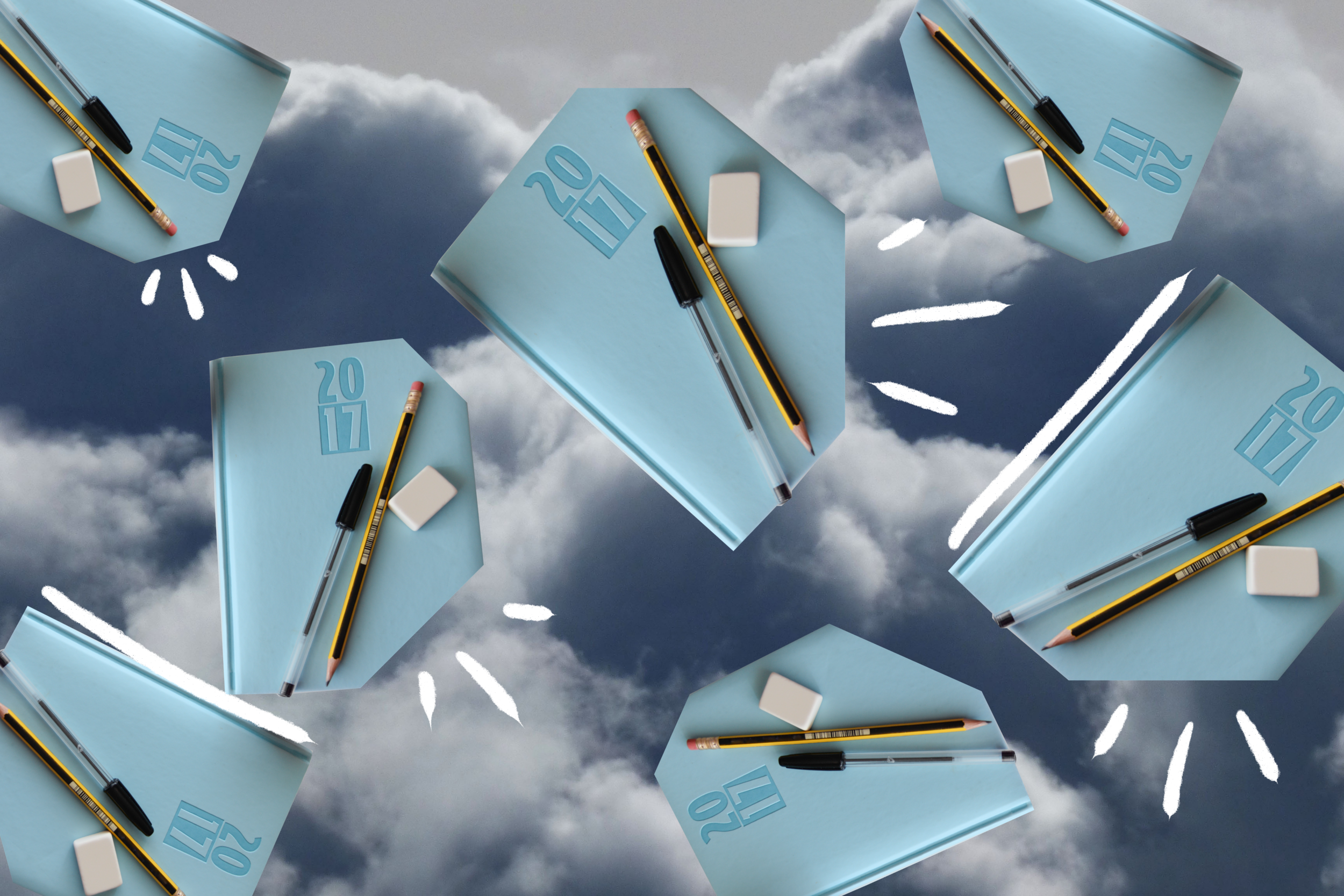On planning backwards to help reframe disappointments
Words by Madeleine Dore
During a recent I-don’t-know-what-I’m-doing-with-my-life slump after some professional setbacks, I was chatting with one of the sharpest minds I know when it comes to careers – Fiona Killackey of My Daily Business Coach.
Lamenting some lost opportunities and uncertainty around what will fill the gap, I told Fiona that I was finding it difficult not to conflate my current circumstances with failure.
Fiona’s advice stopped my spiral in its tracks. “When I’m feeling like you might be right now, I often consider where I was two years ago and reflect on how much I’ve grown and developed,” she said.
Employing this mental time travel exercise helped me see that two years ago, I couldn’t have planned for the current opportunities I have both as a freelance writer and as someone building a growing creative community, Side Project Sessions. The plan I did have two years ago did not describe my current circumstances, revealing the futility of trying to figure out how to fill the gap – we can only form the plan looking backwards.
Planning backwards also helps us recognise that what were once perceived setbacks often end up overlapping with opportunities we couldn’t yet trace. It can also reveal with the help of hindsight how rejection spurred us on to seek something else or explore an alternative.
With this lens, planning backwards can also help us reframe the current setback we might be experiencing.
“It helps me realise that in two years from now I’ll look back on this current situation in a similar light,” adds Fiona.
We don’t have to have a plan. In fact, the most inspiring careers are led by people who have done away with making one.
For example, Malcolm Gladwell. “I’ve kind of stumbled into most of the things I’ve been doing. I much prefer just simply to be open to opportunity than to plan my path. I think that’s better, for me anyway. I don’t know. People are different. So some people need to plan. But I don’t think ahead really at all.”
And another, Nigella Lawson, “Most things in life are accidents – like meeting the person that you fall in love with. Maybe you’re working five days in an office and suddenly find you are interested in a job you didn’t know existed before. I think a lot of young people think you can plan everything – you can’t plan anything. Well you can plan if you want to, but it’s pretty pointless."
Or as Lisa Kudrow described being fired from Fraser before starting as the cast of Friends, “When one door closes, another door always opens. It really does. That’s what I would tell myself to keep those moments of doubts, only moments… it was a good thing I didn’t get Saturday Night Live. And that Romy and Michele, that that pilot didn’t work out. And every other disappointment that happened. They were actually more like guideposts that kept me on my path.
Finally, as Steve Jobs famously put it, “You can't connect the dots looking forward; you can only connect them looking backwards. So you have to trust that the dots will somehow connect in your future. You have to trust in something – your gut, destiny, life, karma, whatever. This approach has never let me down, and it has made all the difference in my life.”
We might not know what opportunities may spring up in the next two years, but allowing ourselves to stumble into accidents can be the most rewarding part.

